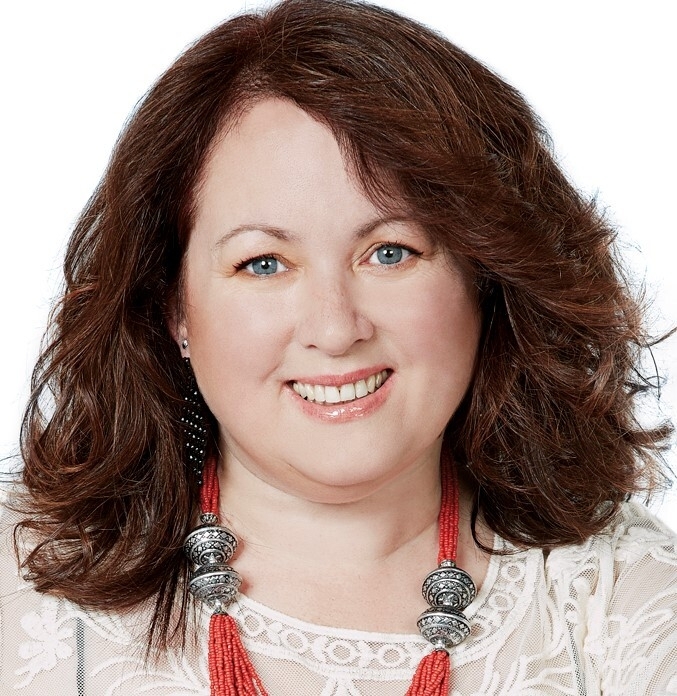REQUIRED READING POST

December 31, 1969
A Fragmented TikTok will Disrupt Marketing
As a social media platform, TikTok has transformed the way individuals and brands communicate, how celebrities promote themselves, how society organizes. It's influence on global culture is unparalleled in history.
With mounting regulatory pressure, ByteDance, TikTok’s Chinese parent company, is reportedly preparing to spin out a U.S.-only version of the app. If finalized, the new TikTok could launch as early as September 5, decoupling it from its global infrastructure and user base. While this may be a better outcome than a full ban, it presents a new set of challenges that could redefine the creator economy, writes David Abbey, Co-Founder & CEO, Endlss.
The Creator Economy
In his thought leadership article for CMO Council, ‘TikTok’s Great Divide’, Abbey says this moment is more than a policy shift, instead, “a potential platform fracture that could impact how creators are discovered, how they earn, and how they work with brands.” The implications are wide-ranging, and this could be a reset for social media globally, not only TikTok in the United States.
“The value of TikTok isn’t just in its content — it’s in the way content is discovered. Its global algorithm doesn’t just push videos to followers; it surfaces them to anyone, anywhere, based on interest and engagement. That means a creator in Atlanta can go viral in Berlin. A fashion trend in Seoul can explode in San Francisco.
“If TikTok becomes regionally siloed, creators will lose that global amplification. A U.S.-only TikTok, operating on a different dataset and potentially a different algorithm, will reduce ‘the size of the room’ creators are speaking into. Their content may still perform, but it won’t travel. For creators who rely on international audiences to drive engagement, sponsorships, and growth, that’s a massive hit,” Abbey adds.
Further insights on the Creator Economy come from this CMO Council Executive Perspective from Frank Carvalho, Chief Marketing Officer of Foap, which connects brands with content creators. “The creator economy has gained significant momentum in recent years, driven by the democratization of content creation tools and the widespread adoption of digital platforms. It has created new opportunities for individuals to turn their passions and talents into sustainable careers while challenging traditional models of media and entertainment. Foap has been connecting creators with brands, companies and agencies for more than 10 years.”
The Implications for Brands
Dmitrii Zorkin is the CMO at destream, and advises in, ‘How Brands Build Connections With Influencers’, published by CMO Council, that the Creator Economy is growing disruptively and events for creators are also becoming a space for brands to build tighter relations with creators and influencers.
So, for brands, a fractured TikTok will force a re-examination of where, how, and with whom they spend their influencer dollars, says Abbey. The numbers speak for themselves – in January this year, TikTok warned that U.S. small businesses and social media creators would lose $1.3 billion in revenue and earnings in just one month if the popular app is effectively shut down in the United States, reports CNBC. Even if TikTok launches a standalone U.S. version, brand losses will occur as everyone waits to see what impact a split of the business will have.
Writing in Harvard Business Review, Senior Editor, Thomas Stackpole, said the question of TikTok’s future would affect global business and social media policy. “But lost in the ‘will they, won’t they’ of it all is that the implications of the potential ban are much bigger than TikTok. The debate over the app’s fate is both part of larger trends — a contentious U.S.-China rivalry, growing protectionism, efforts to place more controls on the global internet — as well as a driver of them. The final result could cause other countries to place new restrictions on U.S. social media companies, change business relationships across borders, and even shape the future of the internet.”
Abbey concludes: “This isn’t just a technical issue, it’s a trust issue. When creators feel they can’t rely on a platform to deliver consistent reach or earnings, they look elsewhere. Expect more creators to double down on Instagram, YouTube, or even experiment with emerging platforms that offer more control or monetization support.”
Louise Burgers
Editorial Director, CMO Council

Louise Burgers has 25 years’ experience in B2B publishing as an award-winning editor, columnist and journalist on media brands in Africa; also working with brands/NGOs as a content strategist. She is currently Editorial Director of the CMO Council; lectures in Marketing & Advertising Communications at Red & Yellow School of Creative Business in Cape Town, SA; and writes and edits retail brand blog RetailingAfrica.com. She holds a Masters in Commerce: Strategy and Organisational Dynamics, from University of KwaZulu Natal, in conjunction with Copenhagen Business School in Denmark and UK Open University.
